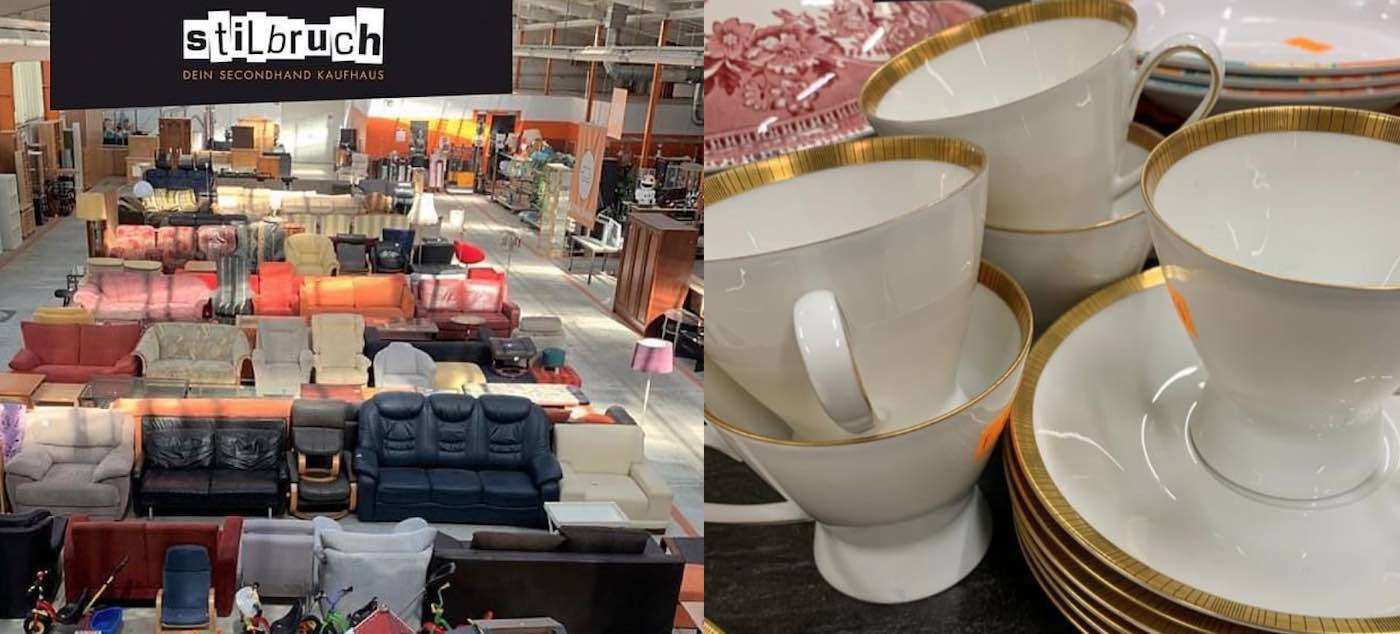He Was Quoted $50,000 to Fix the Church Clock But All it Took Was a Can of WD-40
Big time clock engineers said that scaffolding and a lot of work needed to be done to repair what locals proved needed only a big of grease.

It's not every day that a municipal waste department spends more time thinking about saving things than dumping them. In Hamburg in Germany, however, there's money to be made in the second-hand market, and who better to capitalize on that than the people who haul the city's trash?
Stilbruch is the "IKEA of used goods," and every day, collections from private individuals-or from trash collectors on their routes-brings goods which will all get cleaned up, repaired, and re-sold to support a more circular economy in the country's second-largest city.
Some 400,000 objects are processed through two giant cavernous warehouses every year; everything from well-worn teddy bears to refurbished laptops and kitchen counters.
Launched in 2001 as an initiative from the sanitation department, Stilbruch has gone from having one full-time employee to 70, and from being a largely non-profit orientation to bringing in â¬300,000 to â¬500,000 ($330,000 to $550,000) per year in profit.
"These things are useful. They really aren't rubbish," Roman Hottgenroth, operations manager at Stilbruch, told The Progress Network. "Used is the new sexy… We are trying to stop throwaway culture and wastefulness. There's so much value in what we treat like trash."
Stilbruch contracts technicians and craftsmen who ensure that all used furniture is given a thorough beautification, and all electronics can be sold with a 1-year warranty.
The warehouse is part of a wider EU movement to try and cut back on all waste streams, but especially home furnishings and electronics. Chief among these efforts is restoring the "right to repair," to consumers, 70% of whom it's thought would prefer to repair items than replace them.
Stilbruch has been heralded by EU and German legislatures and think-tanks as a pioneering model that could be replicated by most municipalities.
Even small towns which don't have the populations required to fill up a warehouse like Stilbruch can manage weekly flea-markets.
As for the future? Hottgenroth is planning to open yet another warehouse, and even to furnish public buses with mini-libraries.
A post shared by STILBRUCH (@stilbruch.hamburg)
DON'T WASTE This Good News; Share it With Friends on Social Media…
Be the first to comment